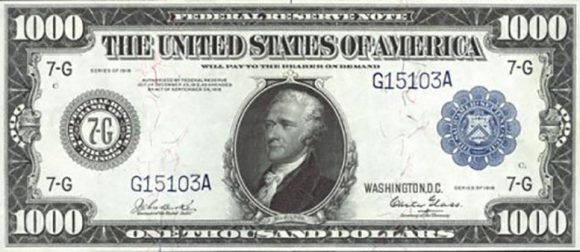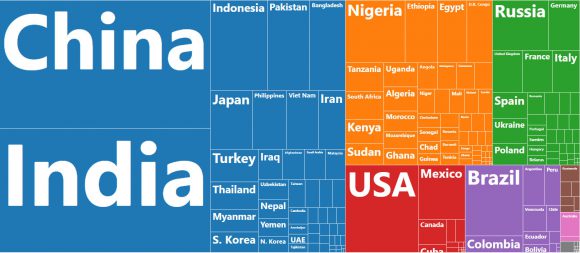
100 years ago, in 1919, the Michigan Supreme Court made a comment in their ruling of Dodge v. Ford saying (in its common paraphrased form), “The purpose of business is to maximize shareholder value.“ In 1970, Nobel Laureate in economics Milton Friedman repeated this in an essay in the New York Times entitled “The Social Responsibility of Business is to Increase its Profits...


















